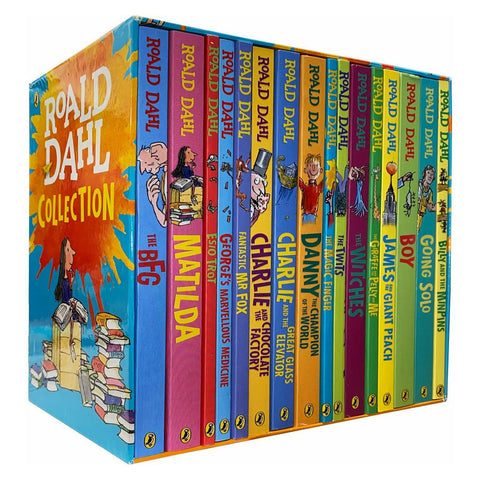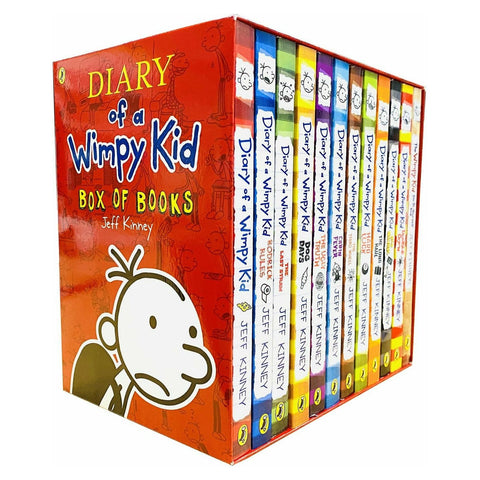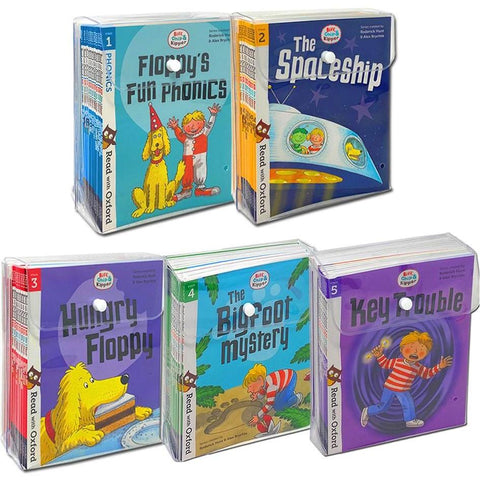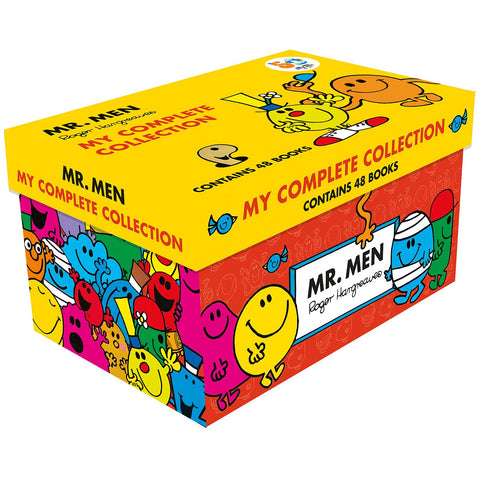Curriculum for Year 10 (Age 14-15) - Young Adult GCSE - Key Stage 4
Your 14-15 Year old has now reached Year 10 (GCSEs). GCSEs are a massive step up in your child’s education. The workload will increase, both in amount and complexity. Your child will also start feeling under more pressure than they ever have done previously in their school lives.
They’ll find that their social lives take a bit of a back seat, particularly towards the end of their GCSEs as the work ramps up.
They’ll also have to revise properly. Most kids won’t have done this before, and so they’ll require some guidance.
Add to this the fact that your child is going through puberty — hello moody teenagers! — and you have a cocktail of stress and anxiety.
This isn’t meant to scare you; GCSEs can also be extremely rewarding — but it’s important you and your child understand that things are going to get a little tougher over the next couple of years.
Below we’ve answered some of the common questions and concerns that parents have about their child’s GCSEs.
When should my child start revising?
There isn’t a concrete answer for this, as different kids learn in different ways. Generally speaking, cramming as much information as you can right before an exam is a bad idea. Our brains don’t retain information like that.
We would recommend that your child starts revising in January of Year 11. They’ll be refreshed after the Christmas break, and they will now have a good few months in which they can prepare.
Earlier than that and you run the risk of burnout. Later than that and you risk some last-minute cramming.
What if my child doesn’t want to revise?
Unfortunately, you can’t force your child to learn. Sure, you can lock them in a room and take away their phone, but you can’t make them actually take in the information.
Instead, you need to reinforce the importance of getting good GCSE grades, and encourage a healthy and effective approach to revision.
The best thing you can do is try to figure out why your child isn’t revising. A lot of the time it isn’t that they’re “lazy”, but that they’re scared of failing.
That fear of failure can often mean kids give up before they’ve even started.
That’s why it’s best to encourage and motivate learning in your child. Make sure they’re comfortable, reassure them that it isn’t the end of the world if they fail, and reward them after a large revision session.
Books to Read for 15 Year old would be the Young Adult section - see https://www.books4people.co.uk/collections/children-books-14-16









